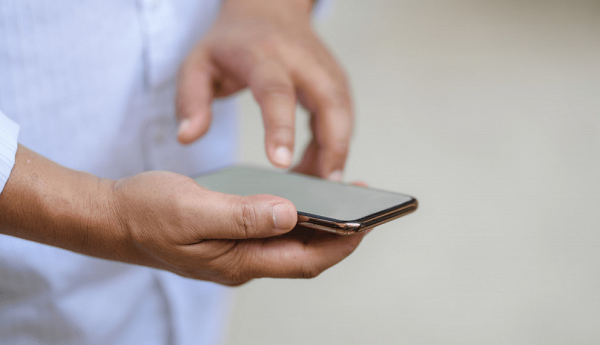The cell phone has become the main target of thieves and robbers from the metropolitan regions to small cities across Brazil. For instance, between January and April of this year, the most recent data made available by the Instituto de Segurança Pública do Rio de Janeiro (ISP), 9,140 cell phone thefts were recorded in the state, the highest number for the period in the historical series, which began in 2003.
This Content Is Only For Subscribers
To unlock this content, subscribe to INTERLIRA Reports.
Stealing Cell Phones to Withdraw Money
While the device itself is quite interesting for the fact that it can be sold for a profit in the black market, the recent centralization of banking and personal data in these electronics gave criminals new ways to make money, particularly through the withdrawal of amounts directly from their victims’ bank accounts.
Cell phones are used everywhere and at any time, however, to use most of the phone’s functions, it is necessary to unlock it, removing the main barrier that protects the device, especially the information it withholds. Thus, when a person uses its cell phone on the streets or inside a vehicle while waiting for the traffic to move, this individual exposes the object and a window of opportunity appears for malicious individuals to easily access the apps installed, including bank apps.

Since criminals are extremely creative and are always adapting themselves to the novelties, this did not go unnoticed to them. Now, they seek distracted people on the sidewalks, inside public transports, and cars to steal the phone while unlocked. Even when the phone is locked and there is time available, they can demand the person to unlock it or may kidnap the victim to force him/her to make money transfers.
There are a series of measures that can be followed, before and after the phone was taken, to avoid most of the risks described above. However, sometimes, the loss cannot be avoided. That is when the information below comes to rescue of those who lost money for the criminals.
Recovering the Money
According to legal experts, there is a debate about who should bear the responsability in case of cell phone theft, robbery or online scam and a consequent money loss. Still, the institution responsible for consumer protection in Brazil (Procon) has understood that the bank must be held responsible if it authorizes unusual operations, such as large amounts being transferred.
According to the Brazilian Central Bank (BC), the first steps to recover the stolen money begin with a communication to the bank about the incident, cards must be cancelled and transactions suspended. Then, a crime report must be filled at a police station or the on the police webpage. The bank will investigate the case and the deadline for a final decision on whether to reimburse the client varies from bank to bank.
If the financial institution does not reimburse the stolen money or if the bank does not attended the client that became victim of online money theft, can file a complaint with its regional Procon. In Rio de Janeiro and in São Paulo, the complaint can be filed online. The Procon normally answers within 10 days. In addition, the victim must also seek a solution in court. Depending on the value, it is interresting to hire a lawyer to seek a solution.
Another option is to file a complaint at the platform called Consumidor.
A complaint filed on the Central Bank webpage may help as well, especially if the solution is going to court. For that, the victim should access the following address: site bcb.gov.br
- On the home page, go to “Accesso à Informação”
- Then click on “Fale conosco”
- Click on “Reclamação contra instituição financeira”
- Then, “Registrar reclamação”
- It is possible to access with the gov.br system password or Central Bank registration
Discover if a Criminal Used Your Personal Data to open a Bank Account
In addition to stealing the cell phone and money, criminals can also obtain enough personal data from their victims to open accounts and commit a series of crimes using someone else’s’ name.
This situation can even happen to someone that has not been robbed. It occurs because hackers and corrupt employees can access data bases from companies to steal people’s information and sell them online, normally on Deep Web.
Another common tactic involves the creation of fake pages, which the purpose is solely to steal information. These pages can be a fake e-commerce, or a fake promotion on a social network. Both will demand from their target’s personal information, like phone number, ID number, name etc.
However, it is hard to verify when personal data was stolen online. Thus, knowing all accounts in financial institutions that have been open in someone’s name become useful to detect an ongoing scam. To discover that, there a few alternatives:
1 – Registrato is a service that belongs to the Central Bank, and it allows citizens to check the opening of accounts, bank transactions and loans made in his/her name.
2- The Serviço de Proteção ao Crédito (SPC) and Serasa also offer mechanisms for free that allow people to track financial transactions on their name. Both companies offer unexpensive more complete paid services.




